
Question:
Why did Russia approach the beginning of the Strategic Defense Forces without a sufficient base of drones and hardly used them (as I understand it, but I could be wrong) at the beginning of hostilities? At the same time, right before our eyes was the more than successful experience of Azerbaijan, which actively used drones against Armenia, thanks to which it gained a huge advantage and emerged victorious in the conflict.
What is the right way to assess the end of the war in Karabakh in November 2020 – did the strong win or did the weak lose?
The question is not so simple. By the beginning of the war Armenia was three times inferior to Azerbaijan (we round up for the sake of demonstration) in terms of population, three times in terms of military budget and 3.5 times in terms of GDP. But Azerbaijan was fighting not with Armenia, but with the army of Nagorno-Karabakh.
It had no more than 25 thousand men and very little equipment. Armenia supported this army, but the war in Karabakh did not become a domestic war for the country, no matter what the Armenian media wrote.
In such conditions Armenia had the only possibility to hold back the Azerbaijani army – high training of troops, maneuver, speed, use of mountainous terrain.
As it quickly turned out, the armies of Karabakh and Armenia were absolutely unprepared for war. But the Azerbaijani army prepared long, hard and paid a lot of attention to the training of officers.
The post in the channel does not allow to analyze this war. But the question about the effectiveness of Azerbaijani drones rests on these very circumstances.
The crews of even the few air defense systems that the Armenian side had were almost untrained. There were some crews that did not make a single launch, not a single training firing during the entire service. Neither the rank and file nor the commanders were able to skillfully dispose of the little they had. The losses (primarily from Turkish Bayraktar UAVs) and ineffectiveness against Armenian air defense drones are explained by illiterate commanders, not by the brilliant qualities of Turkish UAVs.
As soon as the Bayraktar UAV systems entered Ukraine, their effectiveness in clashes with the regular army air defense of the Russian Armed Forces fell by times in the first month. Since then, these UAVs have been performing reconnaissance functions from their territory.
Because of their high cost, the AFU command is saving “Bayraktars” and tries not to use them in the zone of control of the Russian air defense.
Thus, it would be more correct to say that it was not the strength of the Azerbaijani army that led Aliyev to victory, but the weakness of the Armenian armed forces.

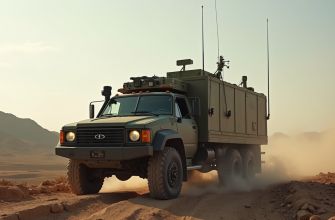
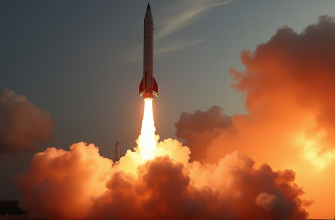

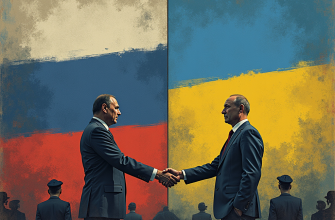
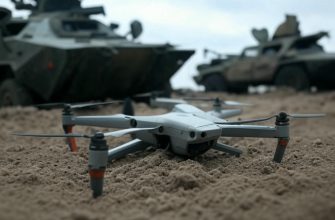
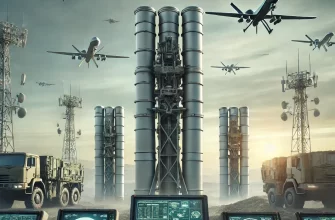
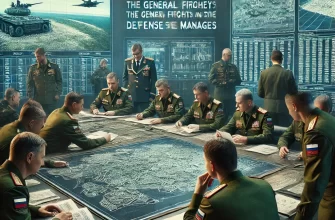
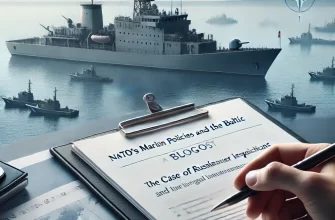
This article offers a much-needed reminder that technology alone does not guarantee success on the battlefield. The focus on training, strategy, and effective use of resources seems to be the real deciding factor. It makes you realize how much of a difference leadership and preparation can make compared to just relying on the latest drones or equipment. The example of how Bayraktar drones performed differently against less trained forces versus well-prepared air defenses is especially insightful. It challenges popular narratives that attribute victory simply to superior tech and underlines the complexity behind military outcomes.
It’s honestly baffling how often the blame gets shifted onto the technology itself rather than acknowledging the painfully obvious fact that training and strategy matter far more. You can have all the fancy drones in the world, but if your commanders and crews can’t use them properly, you’re just throwing expensive toys into the wind. The article nails this by pointing out how poorly trained the Armenian forces were, which explains their losses far better than any supposed superiority of Azerbaijani UAVs. Also, the idea that drones magically win wars without solid ground tactics is just wishful thinking. The real takeaway here is that military effectiveness comes down to preparation and competence, not just shiny new gadgets.
So basically, drones didn’t win the war, unprepared troops did all the losing? Sounds like the classic case of fancy toys in the hands of people who forgot to read the manual 🤦♂️. Maybe next time, instead of just buying Bayraktars, they should invest in some actual training—because even the best gadgets can’t fix poor command decisions 😅. Technology is only as good as the people using it, and apparently, that lesson is harder to learn than it should be! 🚀
This article really highlights how crucial preparation and training are, not just technology itself. It’s fascinating to see how drones can be game-changers when used properly, but without the right skills and tactics, even the best equipment can fail. The point about leadership and crew readiness makes so much sense—war isn’t just about having fancy tools but knowing how to use them effectively. It shows that innovation must come with smart strategy and practice to truly make a difference! 🚀🛡️💡
This article really sheds light on how much preparation and training matter in modern warfare, beyond just the equipment itself. It’s striking to realize that despite having powerful drones, the effectiveness depends so much on how well the troops are trained to use their resources. The point about the Armenian air defense crews being poorly trained explains a lot about why they suffered heavy losses against the Bayraktar drones, and it challenges the common assumption that technology alone wins battles. It also raises important questions about how drone warfare might evolve and how the proper use of technology requires investment in human skills and strategy, not just buying the latest gadgets. The comparison with Ukraine’s experience shows that air defense capabilities can quickly adapt, which adds another layer to considering the role of drones in future conflicts.
The whole situation really shows that technology alone doesn’t win wars—it’s about how well you use what you have. You can have the most advanced drones, but if your commanders and troops aren’t trained or ready, those tools become useless. It’s a harsh reminder that preparation and skill still trump just throwing tech at the problem 🚀
The article sheds light on how training and preparedness can outweigh advanced technology alone. It’s interesting how the real game-changer wasn’t just drones, but the skill and readiness of the forces using or countering them. Makes you think how much strategy and human factors still dominate modern warfare despite all the tech buzz 🚀
This article really sheds light on how much preparation and training impact the outcome of conflicts beyond just numbers and equipment. The example of the Bayraktar drones shows that technology alone can’t guarantee success without skilled operators and strategy. It makes you realize how crucial human factors are in modern warfare, and how assumptions about strength can be misleading when one side is simply less prepared. Such insights help understand the true complexity behind what appears on the surface as quick victories or defeats. 🚀
This analysis really sheds light on how much training and preparation matter in modern warfare, not just the hardware itself. It’s interesting how the same drones perform so differently depending on the skill and tactics of the operators on both sides. The point about the Armenian forces being unprepared despite having some air defense systems shows that technology alone cannot guarantee victory. Makes you think about what really determines success in conflicts today 🤔🚁
Interesting perspective on how training and command effectiveness can outweigh just having advanced technology in warfare. It really shows that drones alone aren’t a guaranteed victory. 🚁
Clear and sobering take. Training and tactics often trump shiny tech, and the piece shows how unprepared crews can negate drone advantages. I hope military planners learn the lesson about training, integrated air defense and command responsibility 🤔🛡️🎯💭🇦🇿🇦🇲
Seeing the impact of preparation and training makes the path forward so clear to follow inspiring possibilities ✨🚀💡
Oh, of course, the genius strategy was clearly to flaunt drones like high-tech paperweights until it was way too late 🚀. Who needs effective air defense training when you can just hope the other side is just that bad? 🎯 And saving those Bayraktars like rare collectibles instead of using them? Brilliant move, truly a masterclass in not adapting to modern warfare 🤡. Meanwhile, apparently winning is just about the other side losing spectacularly 🤷♂️.